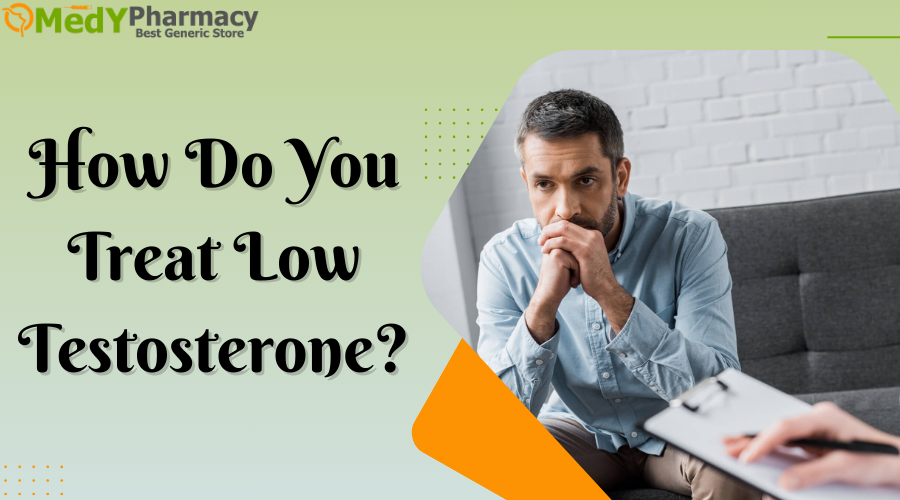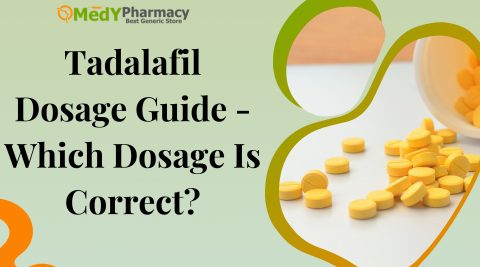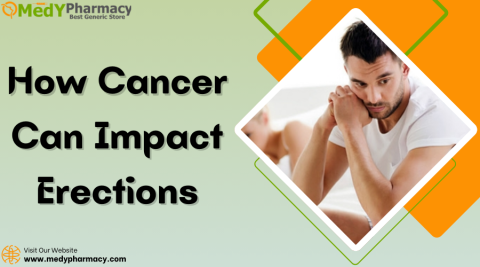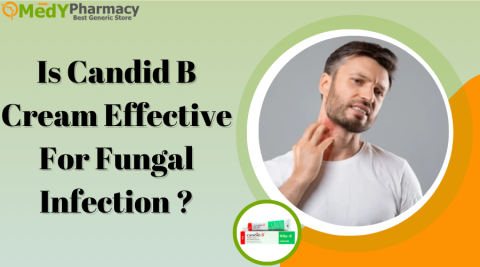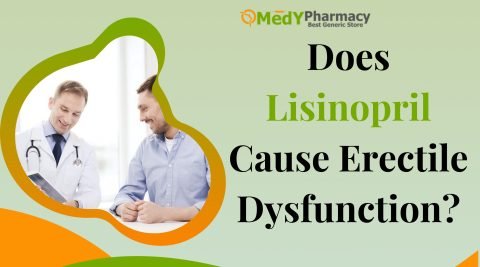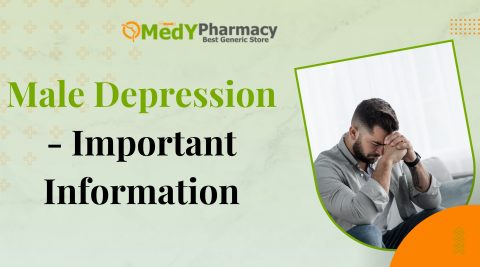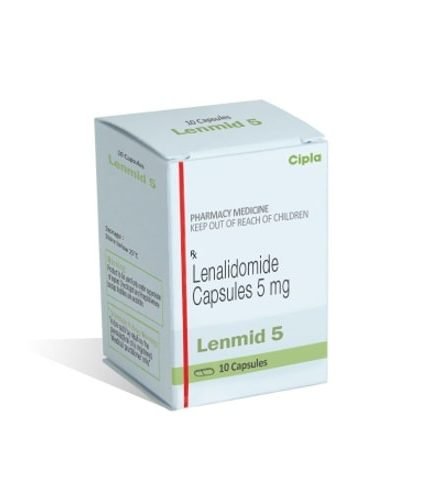Could you be experiencing low testosterone?
The testicles produce the hormone testosterone. It is essential for a man’s sexual drive and physical appearance.
Low testosterone can be caused by a variety of health issues, medications, or injuries. As people become older, their testosterone levels naturally decrease. Low testosterone levels can have an impact on sex desire, mood, muscular and fat changes.
Testosterone treatment may help alleviate symptoms.
How Testosterone Influences Health
Testosterone makes a man appear and feel like a man. This hormone aids men in:
- Maintain bone and muscular strength.
- Determine hair growth and the location of fat on the body.
- Produce sperm
- Maintain sexual desire and erections.
- Produce red blood cells.
- Improve energy and mood.
Signs of low testosterone
Other primary or secondary causes of hypogonadism contribute to low testosterone levels that are not typical of normal aging. In males, hypogonadism occurs when the testicles do not produce sufficient testosterone. Hypogonadism can occur during pregnancy, puberty, or maturity.
- Low sexual drive
- Problems with an erection
- Low sperm count
- Sleep issues, such as insomnia
- Reduced muscle size and strength
- Bone loss
- Increased body fat
- Depression
- Trouble concentrating
A normal aspect of aging may include some symptoms. For instance, it’s common to feel less sexually inclined as you age. However, lacking interest in sex is not typically normal.
Diabetes or high blood pressure are two more illnesses that may be the source of the symptoms. Speak with your healthcare physician if you’re bothered by any of these symptoms.
What Causes Someone To Have Low Testosterone Levels?
Males typically see a decline in testosterone levels with aging. Therefore, beyond a certain age, it is typical to have low testosterone symptoms. Some of the symptoms listed below are indicative of low testosterone in most men over 40. However, hypogonadism can occasionally result from hereditary factors or other illnesses.
- The treatment of serious illnesses such as cancer
- Injury in the penis or testicles
- Affected Hypothalamus gland
- Obesity
- HIV
Use of certain medications that inhibit the hormonal release of testosterone
- Adverse effects from medication, including chemotherapy.
- Malignancy or damage to the testicles.
- Issues with the brain’s hypothalamus and pituitary glands, which regulate the production of hormones.
- Reduced thyroid activity.
- Excess bodily fat, or obesity. Find out from your doctor if you require a free testosterone test.
- Additional conditions, long-term illnesses, therapies, or infections.
External symptoms of low testosterone include low muscular mass or loss of muscles, weight loss, a lack of desire to have sex, difficulty having powerful erections, heat flashes, and so on. If you are having erectile dysfunction symptoms, you may consider using Vidalista Tadalafil.
Causes of low testosterone
- Primary hypogonadism
Primary hypogonadism is caused by underactive testicular function. That is because they do not produce enough testosterone for good growth and health. A hereditary characteristic may be the cause of this underactivity. It can also be contracted through accident or disease.
Undescended testicles are those that do not descend from the abdomen before birth. If the testicles have not dropped by the age of 12 months, surgery is recommended.
Klinefelter syndrome occurs when a guy is born with three sex chromosomes.
Hemochromatosis: An excess of iron in the blood results in testicular failure or pituitary injury.
Primary hypogonadism can be caused by the following types of testicular damage:
Physical testicular injury: To affect testosterone levels, both testicles must be injured.
Mumps orchitic is a mumps infection that can cause testicular injury.
Cancer treatment: Chemotherapy or radiation can harm the testicles.
- Secondary hypogonadism
Secondary hypogonadism results from the pituitary gland or hypothalamic injury. These areas of the brain regulate hormone production in the testicles.
Pituitary dysfunction caused by medications, kidney disease, or tiny tumors
Kallmann syndrome is a disorder linked to aberrant hypothalamic function.
Inflammatory illnesses that can affect the pituitary gland and hypothalamus include TB, sarcoidosis, and histiocytosis.
HIV/AIDS can impact the pituitary gland, hypothalamus, and testes.
Testosterone booster medication
In some circumstances, exercise and natural supplements do not provide the needed testosterone levels to treat impotence. As a result, more therapies are being implemented to address Low-T.
- ED Medications: PDE-5 inhibitors (Phosphodiesterase Type-5) are the most common active ingredients in erectile dysfunction medications. The former include Viagra, Cenforce, Fildena, Kamagra Oral Jelly, and others. These medications help to achieve the necessary hardness in a short period and can extend intimacy for up to 5 hours. They are so picked for their spontaneity of erections and great sexual drive. Their primary function is to improve blood circulation to the penis and create stronger erections. As a result, they choose natural treatment methods for ED.
- TRT stands for testosterone replacement therapy: This therapy includes testosterone medications (such as injections, ointment, or patches) to raise testosterone levels to the desired level.
Low testosterone levels and sexual activity
Low testosterone levels may not necessarily interfere with sex, although they can. Some men with low testosterone may have a decline in libido, while others lose interest in sex entirely. Low testosterone levels might make sex more challenging since an erection may be more difficult to obtain or maintain. Low testosterone may not be the only cause of low libido; stress, sleep deprivation, depression, and chronic medical diseases can all affect a man’s sexual drive.
Should I be taking Low testosterone?
The conclusion on testosterone therapy is still pending. Testosterone therapy is approved as a treatment for hypogonadism, a well-defined medical disorder.
In older adults who have significantly decreased testosterone levels without substantial symptoms, or who have mildly lowered levels with severe symptoms, testosterone therapy should be explored after consulting with your doctor about potential side effects and benefits.
There is no clear evidence that testosterone therapy can reverse any features of normal aging in men. Tadalista Pill is a medication that may help you achieve more solid erections.
What are the adverse consequences of testosterone therapy?
The following are the potential adverse effects and hazards of testosterone therapy for the normal aging male:
Stimulation of prostate growth (BPH) and potential expansion of existing prostate cancer
Skin reactions
Limiting sperm production and shrinking of the testicles
Red blood cell overproduction can contribute to a heart attack.
Several studies have linked testosterone to an increase in cardiovascular events.
Final Say
If you believe you have low testosterone symptoms, consult a healthcare specialist. While the origins and effects of low testosterone are unknown, your doctor can do tests to assist in determining what’s causing your symptoms. Testosterone is a hormone commonly associated with men, but women also require it. To improve your erections, try medications like Tadarise.







